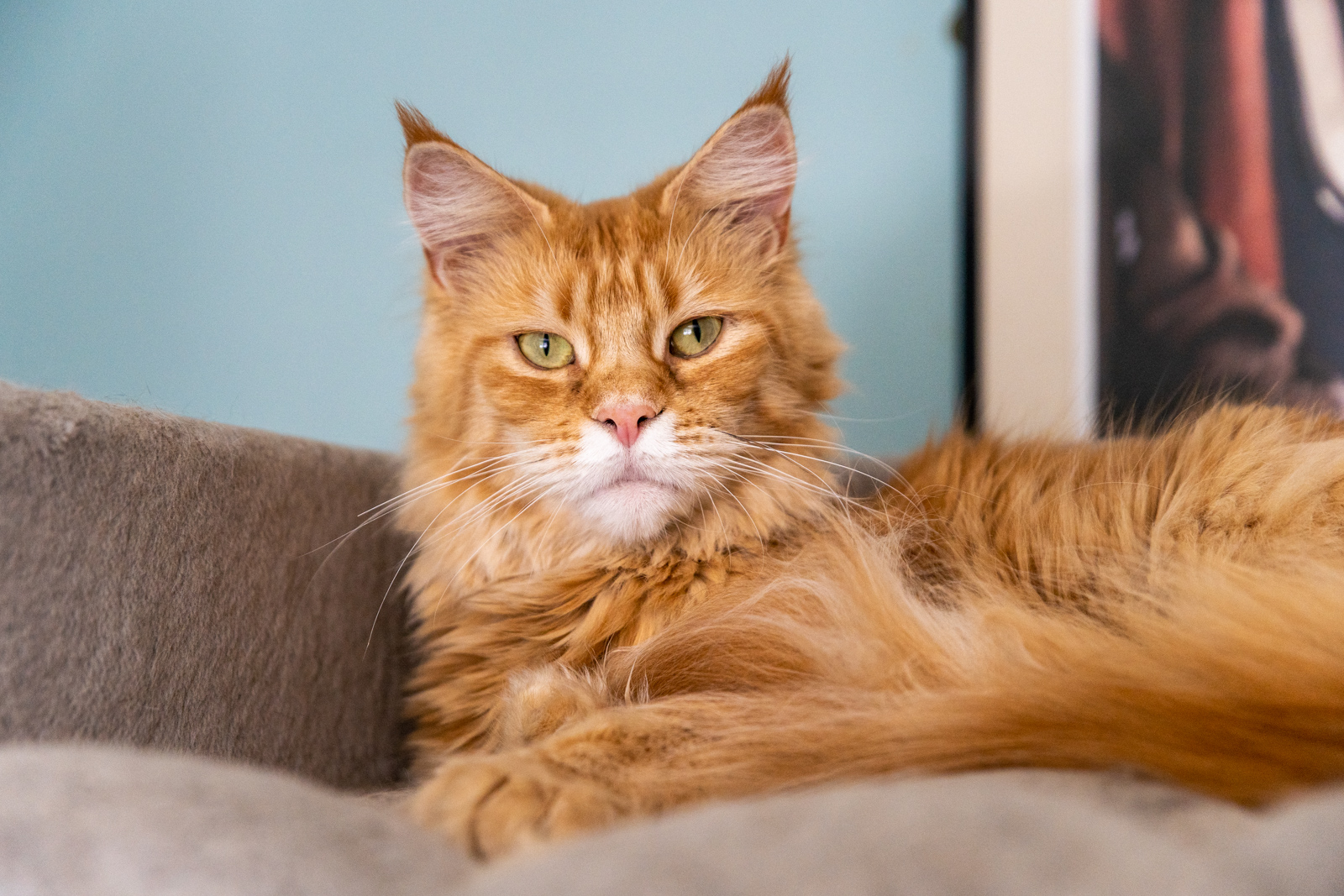Lungworm Advice
Lungworm is a parasitic worm that infects Dogs and Foxes. It is known as the French lungworm but adult worms actually live in the heart and bloods vessels of infected animals. It is only the eggs that are carried to the lungs. Lungworm have a relatively complex life cycle. The lungworm larvae are carried in slugs and snails (and have even been found to be carried by frogs). A dog must then ingest the larvae in order for them to become infected. Dogs can ingest them accidently by drinking from puddles, outdoor water bowls, rummaging through grass or even playing with toys that have been left outside. This is because the larvae can also be released by the slugs and snails in their slime, so it’s not just as simple as the dog has to eat a slug or snail. Although it cannot be transmitted dog to dog the larvae are excreted in the dog’s faeces and picked up by slugs, snails and frogs where they act as a host to allow the larvae to develop.
Signs include:
- Breathing problems including coughing
- Reluctance to exercise or to go out on walks
- Lethargy or exhaustion
- Abnormal clotting (bleeding into the eyes, nose bleeds, small wounds that bleed more than expected)
- Unexpected weight loss
- Changes in behaviour
If your dog is displaying any of these signs then it is advised you seek Veterinary advice as soon as possible. These signs and symptoms could be due to a number of things and do not necessarily mean that your dog has lungworm. During the early stages of infection your pet may not display any signs at all. It is almost impossible to stop your dog from coming into contact with slugs and snails and it is therefore recommended that prevention is the best cause of action. Not all wormer’s are effective against lungworm. To prevent lungworm you need to worm your dog on a monthly basis with a wormer that is only available at the vets.
Ways that you can prevent your dog from getting lungworm include:
- Treating for lungworm on a monthly basis
- Don’t let dogs/puppies play with or eat slugs/snails
- Cleaning any water bowls that are left outside regularly
- Not letting dogs drink from puddles
- Not leaving toys outside where slugs and snails have access to them
- Picking up dog poo and disposing of if correctly
For more advice please call any of our practices and speak to one of the Nurses who will be able to give you specific advice which relates to your pet’s lifestyle.
Useful link for Lung worm: http://www.jungleforpets.co.uk/parasite-guide/lungworm/

